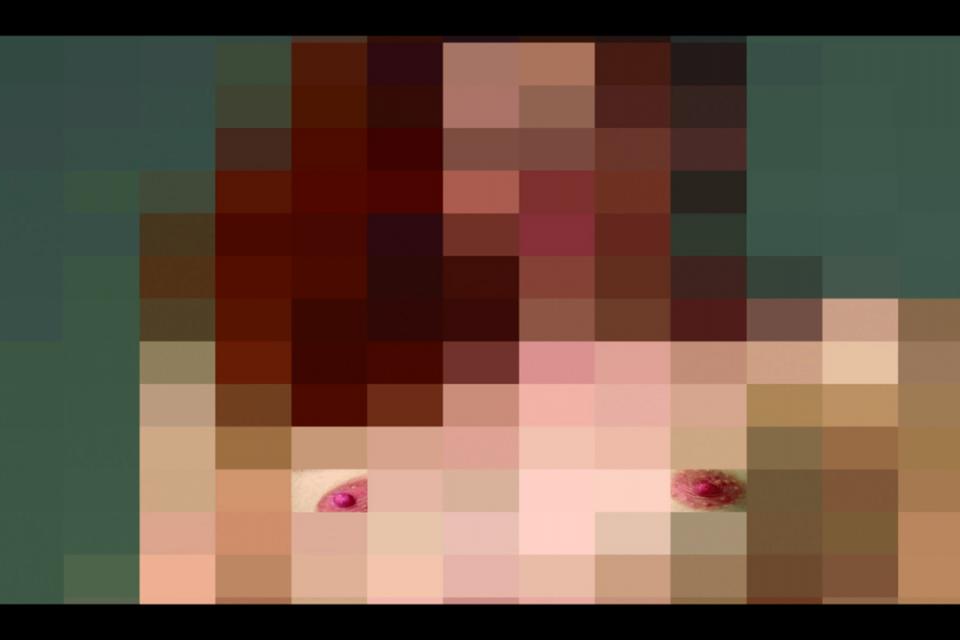Capitalist (Sur)realism: Surviving Online
Round table with Ingrid Guardiola, Ethel Baraona Pohl and Sergi Jordà (presentation by Raül Fernandez Refree).
Wednesday 30 January, 18:30 h (Fabra i Coats - Fàbrica de Creació. Sala Polivalent 2).
The new technologies of the networks bring together new forms of representation of reality and new imaginaries. Are we able to identify them? Can we as a users create these languages, make them our own? Or we can only be clients?
Ingrid Guardiola is a teacher, audiovisual programmer, director and essayist. From all these facets, it has contributed to the reflection and public debate about television formats and the role of images and technological devices in the contemporary world. Currently, she coordinates the project Soy Cámara, a laboratory of new audiovisual formats produced by the CCCB, and directs the Mostra de Televisió de Qualitat de Barcelona (MINIPUT). She is a doctor in humanities from Universitat Pompeu Fabra (UPF) and has been teaching at several catalan universities, where she has also done research on issues related to gender, inequality and technology in the framework of culture and audiovisual practice. In this field, she is one of the promoters of the project The Little-Known Dimension: Pioneers Women of Cinema, which aims to investigate and disseminate the history of women who have made films. She made his debut as director of feature films with Casa de ningú (Boogaloo Films, 2017), where she reflects, from the point of view of two aging communities, on memory, productivity, work and his own extinction as a community. Recently she has published the essay L’ull i la navalla (Arcàdia, 2018), where she analyzes how the images and data condition our private life and determine the dynamics of the public sphere and the communities.
Ethel Baraona Pohl is a critic, writer and curator. Co-founder, with César Reyes, of the independent and editorial research studio dpr-barcelona, which operates in the fields of architecture, political theory and the social environment. Publisher of Quaderns d’arquitectura i urbanisme de 2011-2016, and collaborator of various magazines and books. Her essays are published in Open Source Architecture (Thames and Hudson, 2015), The Form of Form (Lars Muller, 2016), Together! The New Architecture of the Collective (Ruby Press, 2017), Architecture is Over (Columbia Book of Architecture, 2017), Harvard Design Magazine and Volume, among others. Co-curator of the exhibition Adhocracy ATHENS at the Cultural Center Onassis, 2015, winner of the ADI Culture Award 2016. Director of the Foros 2017, the architecture conference of the Escola d’Arquitectura de la UIC Barcelona. Since 2016, dpr-barcelona is a member of the Future Architecture platform, the first pan-European platform of museums, festivals and architecture producers.
Sergi Jordà has a degree in Fundamental Physics and a doctorate in Computer Science and Digital Communication. He is an associate professor at Universitat Pompeu Fabra (UPF), head of his technology department and researcher at the Musical Technology Group. His main research interests are in the confluence of personal-computer interaction (HCI), computational creativity and musical creation. He has written numerous articles and books and has given conferences and workshops in Europe, Asia and America, having received numerous awards including the Ciutat de Barcelona (2007) and the prestigious Ars Electronica Golden Nica (2008). Throughout the nineties, he was one of the pioneers of Media Art in Spain, conceiving and developing interactive installations and multimedia performances. One of his best-known creations is Reactable, a musical instrument that gained mass popularity after being part of the world tour of icelandic artist Björk. He has never had a Twitter account and he does not already use his Facebook account.



